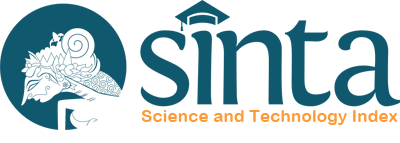The Effects of Probiotic Supplementation on Treatment Outcomes of Patients with Active Tuberculosis: A Systematic Review of Randomized Controlled Trials
Abstract
Introduction: Tuberculosis, one of the most globally burdensome infectious diseases, poses high mortality and morbidity risks due to the adverse effects of treatment and disease-related complications, resulting in poor treatment adherence. Despite probiotics, treatment supplements containing live bacteria and having known immunomodulatory effects, their impact on tuberculosis therapy remains understudied. Hence, this systematic review aims to explore the effect of probiotic supplementation on the outcomes of active tuberculosis therapy, including but not limited to its effectiveness in improving tuberculosis treatment and host immunity, as well as its adverse events.
Method: A systematic review was performed by searching relevant primary clinical studies from PubMed, Embase, Google Scholar, and Clinicaltrials.gov. The included studies were assessed for risk of bias with the Revised Cochrane risk-of-bias tool for randomized trials, and the findings were synthesized qualitatively.
Results: A total of five randomized controlled trials involving 926 patients were included in this systematic review. Our findings revealed that Lactobacillus casei probiotic supplementation significantly reduced the incidence and duration of gastrointestinal side effects during tuberculosis therapy, particularly vomiting, decreased appetite, and constipation. Additionally, probiotics displayed the potential to enhance immunity by increasing lymphocyte cell counts, downregulating proinflammatory cytokines, maintaining immunoglobulin A levels in saliva, mitigating oxidative stress in gastrointestinal organs, and ameliorating gut dysbiosis.
Conclusion: These results highlight the advantageous impact of probiotics on active tuberculosis therapy outcomes. Further studies involving a more heterogeneous population investigating the adverse effects following probiotics use, and the long-term effects of probiotics supplementation are required to substantiate our findings.
Downloads
 Viewer: 671 times
Viewer: 671 times
 PDF downloaded: 346 times
PDF downloaded: 346 times











